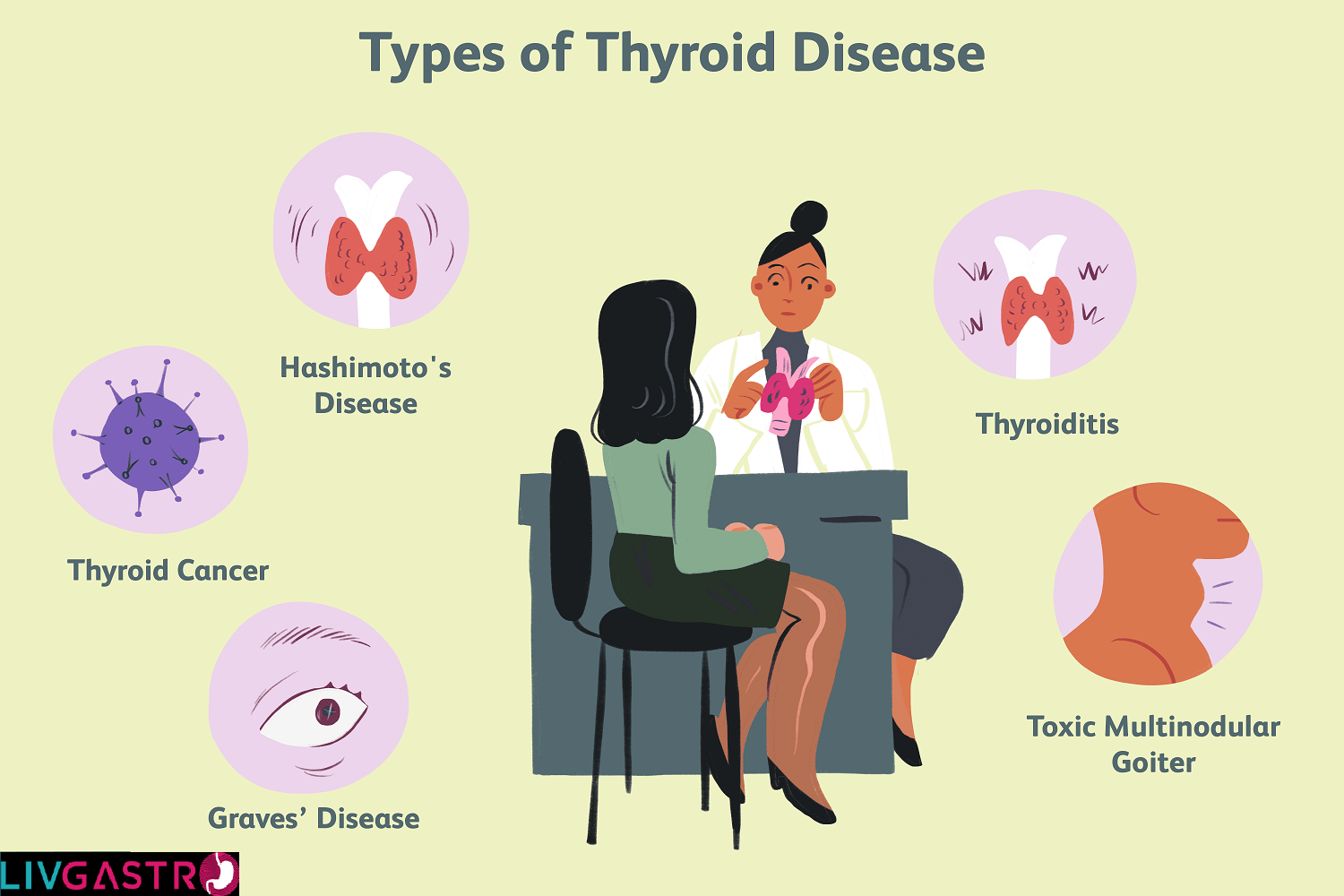
Vital Diagnosis Services for Thyroid Treatment
The thyroid is one type of endocrine gland situated at the base of the throat, in the trachea, next to the larynx. It produces two vital organs Triiodothyronine (T3) and thyroxine (T4), that help regulate several bodily processes like metabolism and energy levels.
With over 42 million thyroid patients in India, roughly one in ten adults have some level of thyroid issues. The recent World Thyroid Day on May 25 is observed to increase understanding of the diseases and to support research and development of thyroid treatment around the world.
This year, the prime message for World Thyroid Day was: Thyroid and Communication.
However, a lot of people still don’t recognize the severity of thyroid diseases and delay seeking treatment. This blog tells readers the full course of thyroid diagnosis services and encourages them to seek medical attention as soon as possible.
What Is Thyroid Disease
The symptoms of thyroid diseases vary because it covers a wide range of ailments distinguished by either high or low thyroid hormone activity. Your entire body may be affected if your thyroid isn’t functioning properly. Hyperthyroidism is a condition that can occur if your body produces too much thyroid hormone. When you have hypothyroidism, your body doesn’t produce enough thyroid hormone.
Thyroid Fact Check
Even though thyroid diseases are more prevalent in adult women and men, they can affect anyone including teenagers, children and even infants.
Congenital hypothyroidism is also possible.
Pre-menopausal and post-menopausal women frequently have hyperthyroidism.
Adult women are typically five to eight times more likely than men to be diagnosed with a thyroid condition.
Untreated thyroid disease can raise the risk of health complications such as osteoporosis, infertility, and even cardiovascular disease.
Undiagnosed hypothyroidism during pregnancy increases the risk of preterm birth, infant developmental issues, and miscarriage.
The most prevalent thyroid diseases identified by medical science are goitre, which is an enlargement of the thyroid gland, thyroiditis, thyroid nodules, and thyroid cancer.
The First Step To Thyroid Treatment: Consult A Doctor Early On
The signs of other medical conditions and life stages frequently resemble the symptoms of thyroid diseases. Therefore people often neglect them and fail to seek medical attention early on, which has to change.
Symptoms of Hyperthyroidism include: goitre, sleeping disorders, anxiety, irregular menstrual periods, and heat sensitivity
Symptoms of Hypothyroidism include weight gaining, extreme fatigue, cold sensitivity, voice changing, and heavy menstrual periods.
While mild to moderate thyroiditis, hypothyroidism, and, mild hyperthyroidism can be treated by general practitioners, if your symptoms are severe and are not cured within a stipulated time, you should have an endocrinologist examine you.
Advanced Thyroid Diagnostic Services Available in Kolkata
Since the symptoms of thyroid disease can overlap with those of numerous other medical conditions, diagnosing thyroid disease can be challenging. Your doctor may carry out the following diagnostic tests to check your T3 and T4 hormone levels, among other things, to see if you have a thyroid condition.
Thyroid Blood Tests:
Thyroid-stimulating hormone (TSH)Thyroxine (T4) and triiodothyronine (T3)Free T4
Free T3
Thyroid antibodies.
Calcitonin
Thyroglobulin
Needle Biopsy and advanced-level fine-needle aspiration biopsy under ultrasound radiation
Thyroid Scan and Uptake Video
Physical Exam wherein manually check for any growths or enlargement of the thyroid in the throat.
Your doctor’s objective is to get your thyroid hormone levels back to normal. Thus, there are numerous ways to accomplish this, and the specific method you choose will depend on what caused your thyroid condition. Depending on the issue, treatment options include medication, diet regulation, radioiodine therapy, and thyroid surgery.

